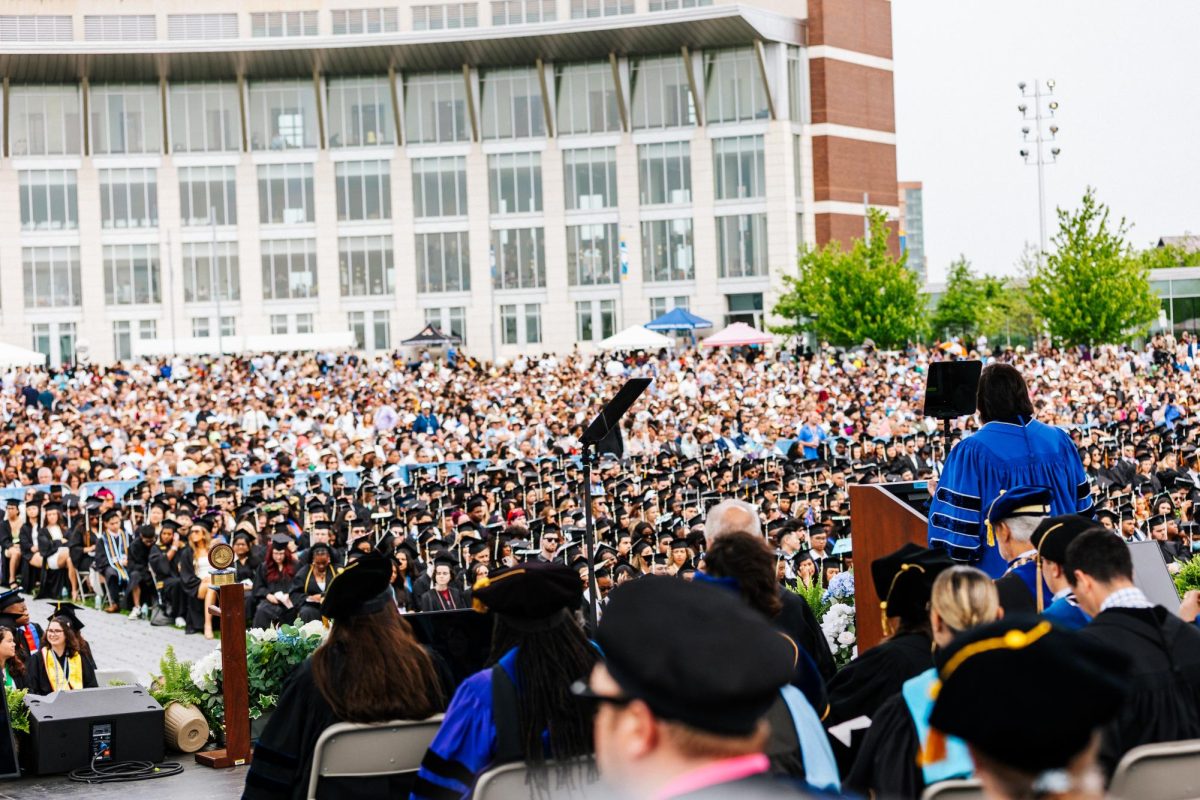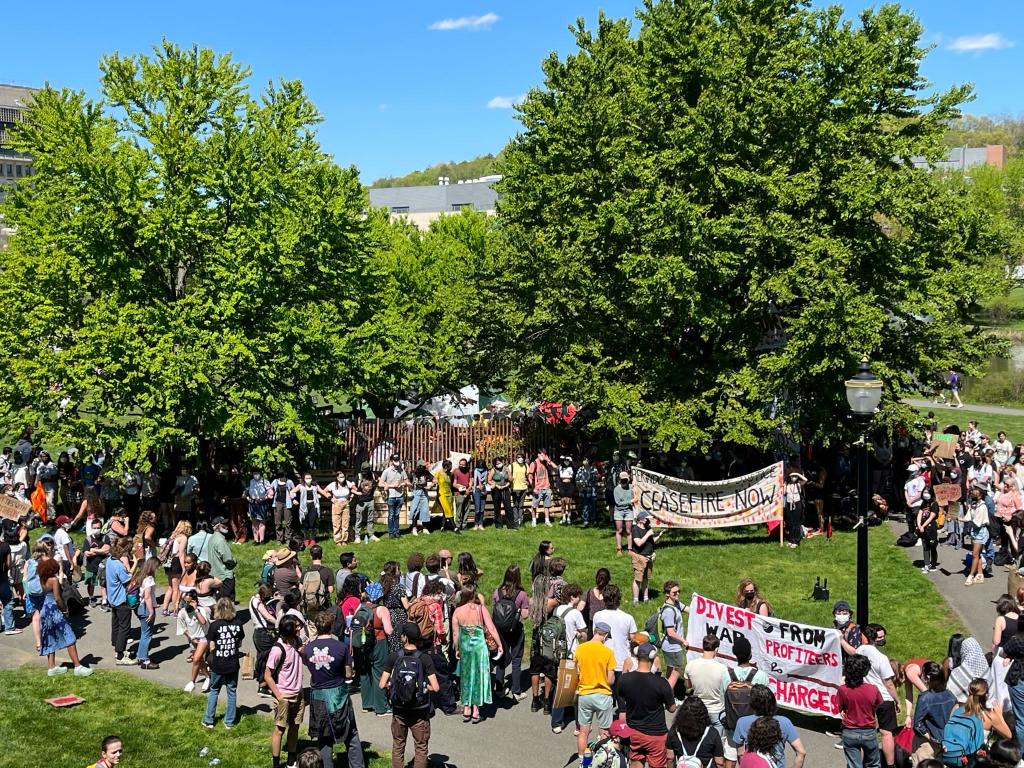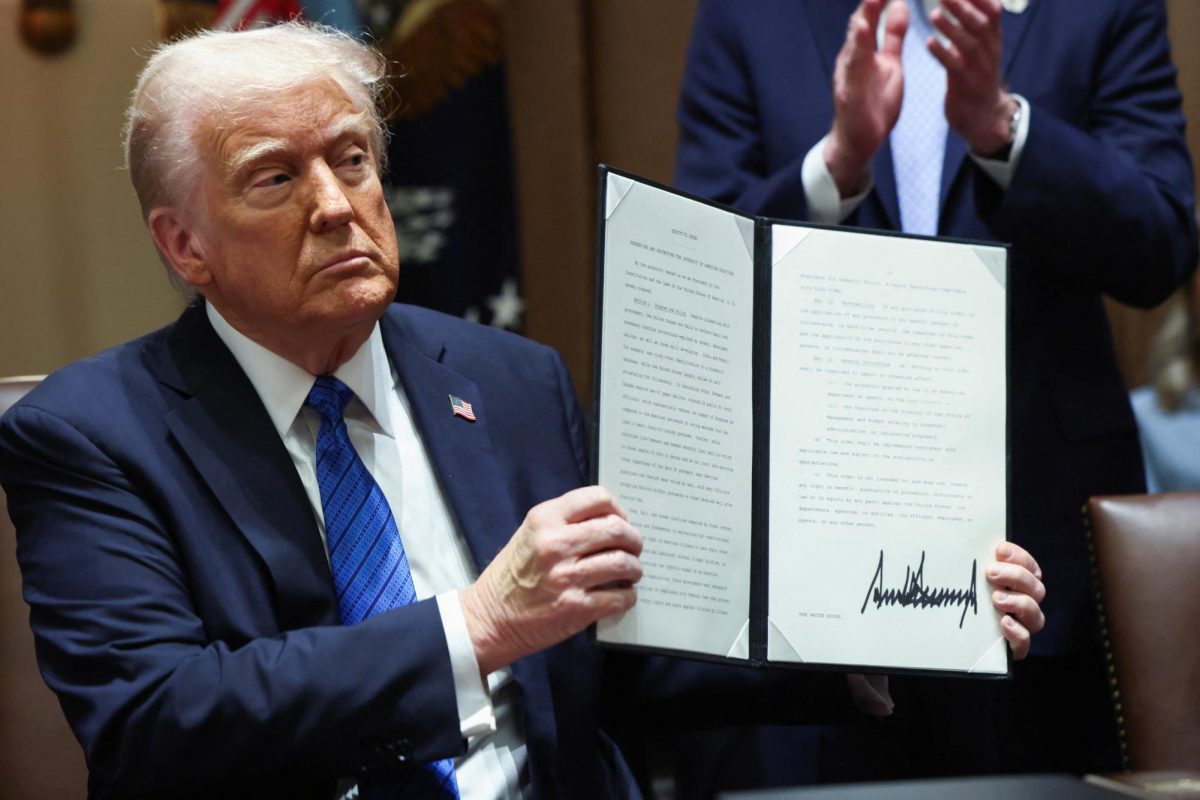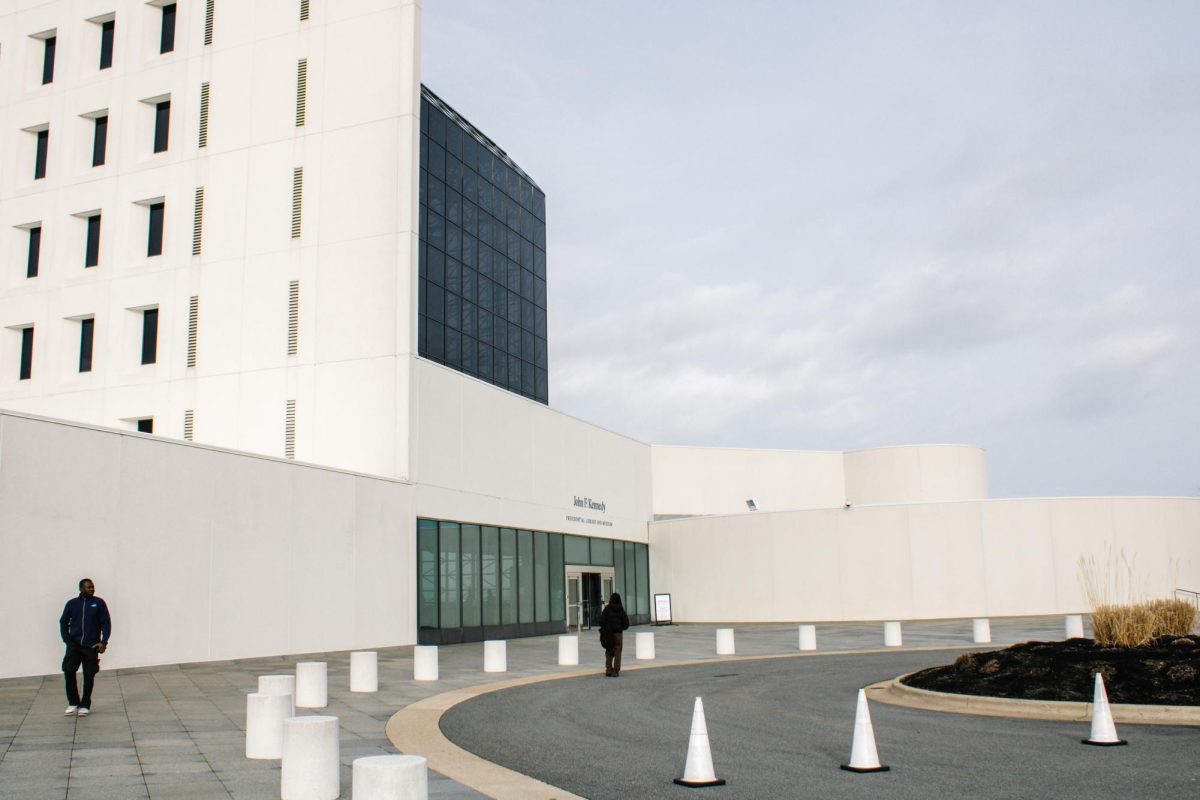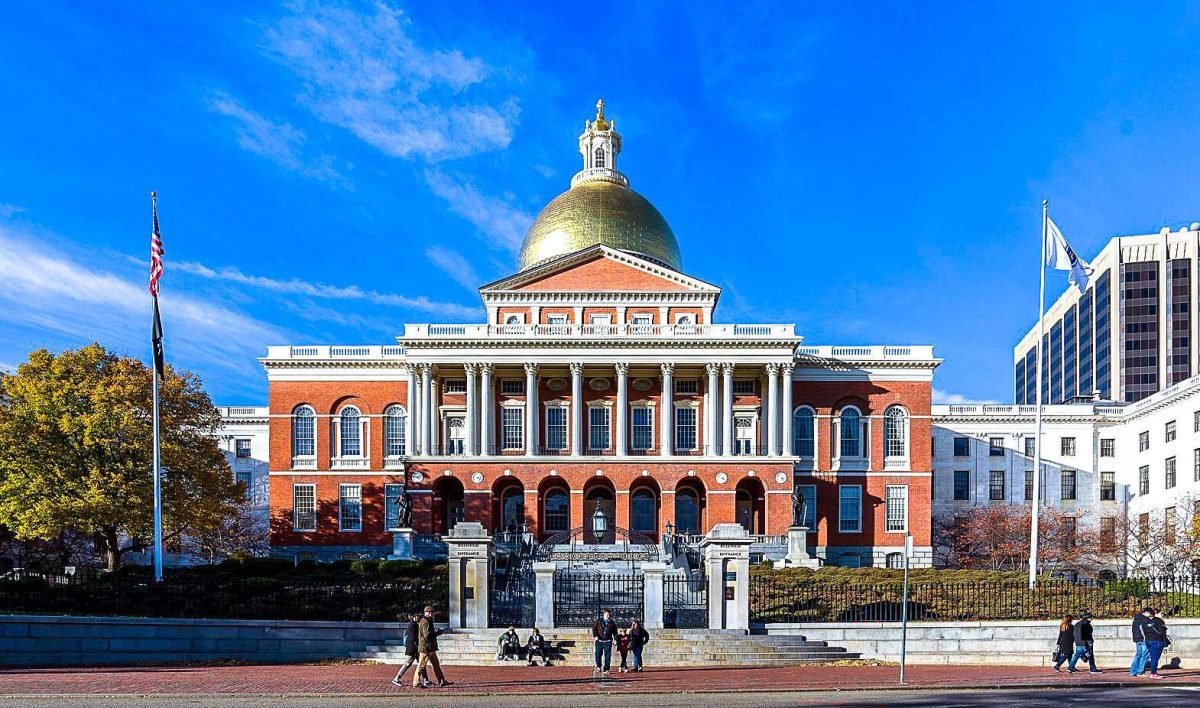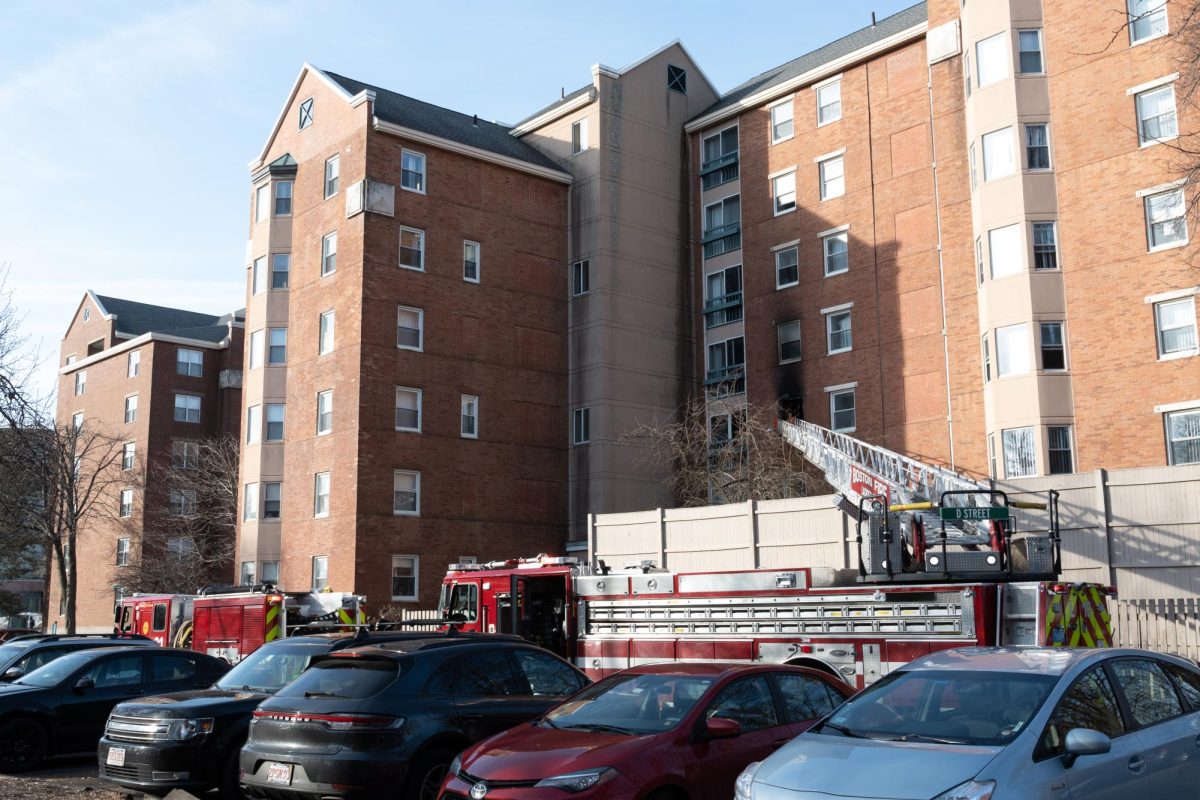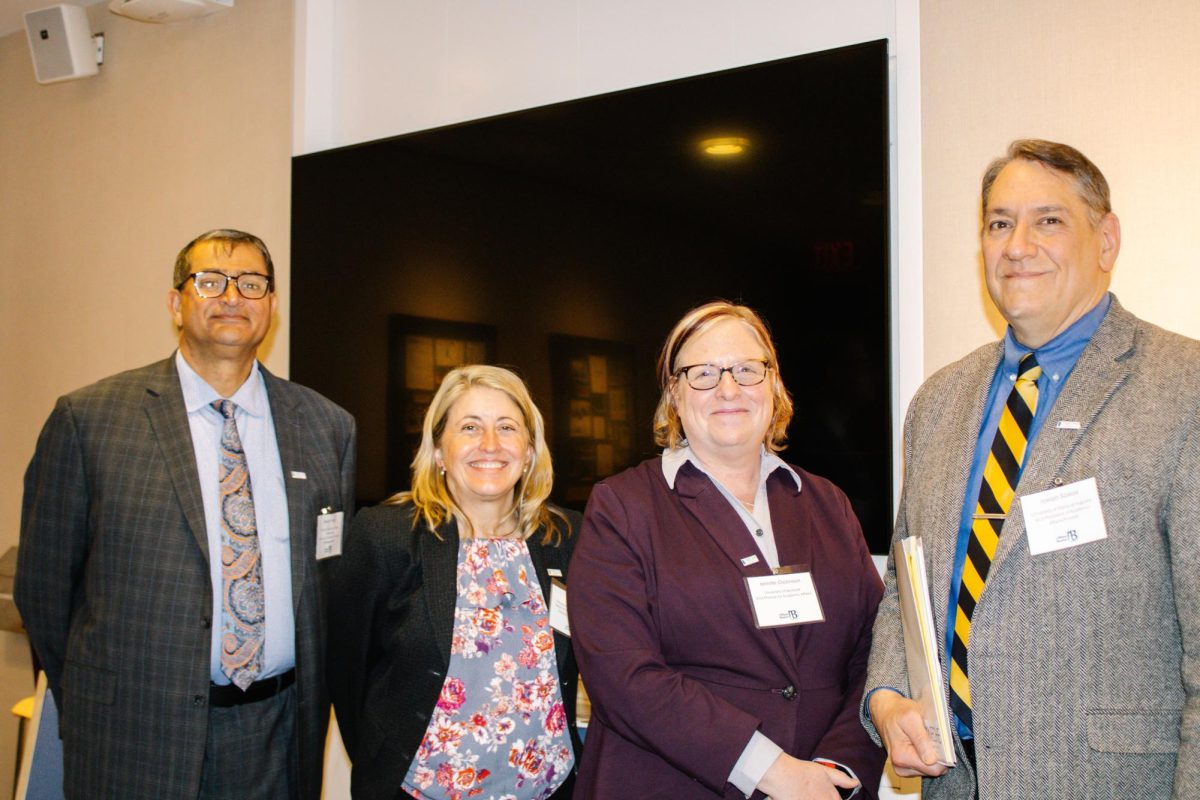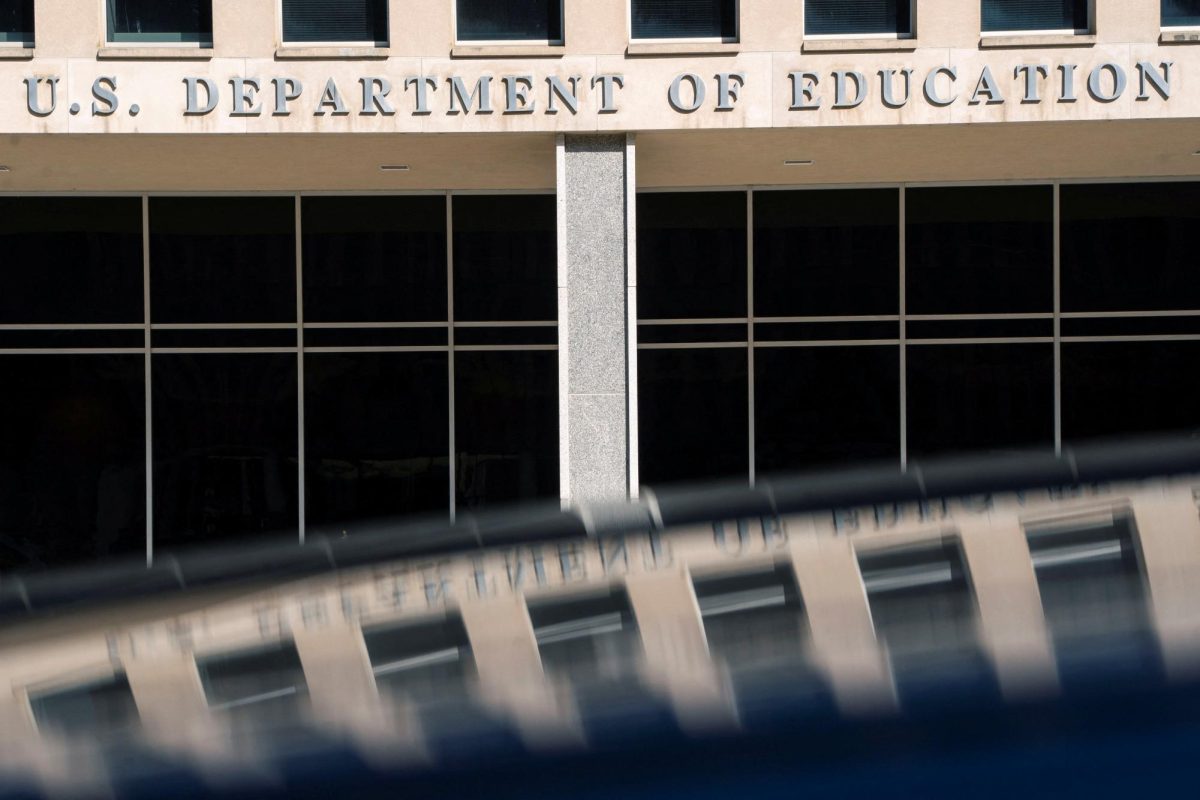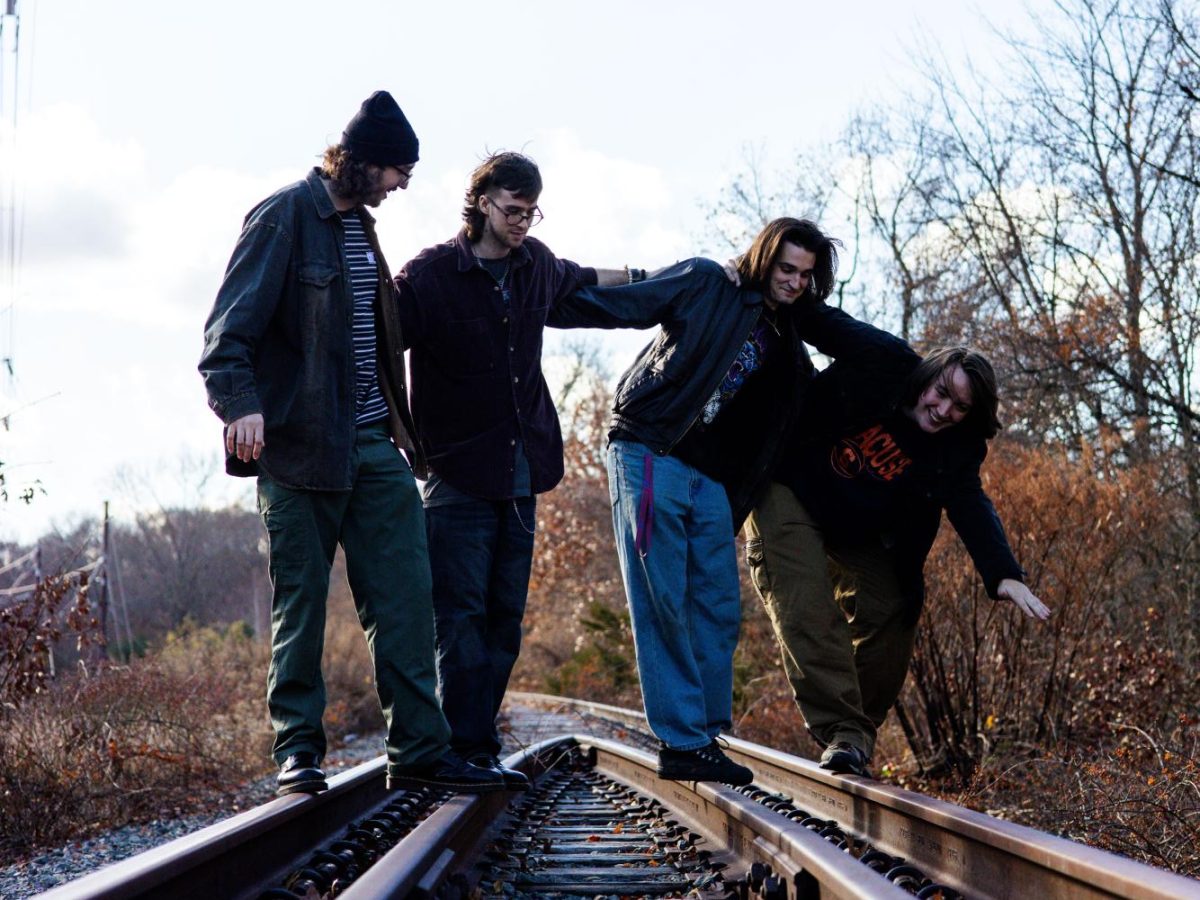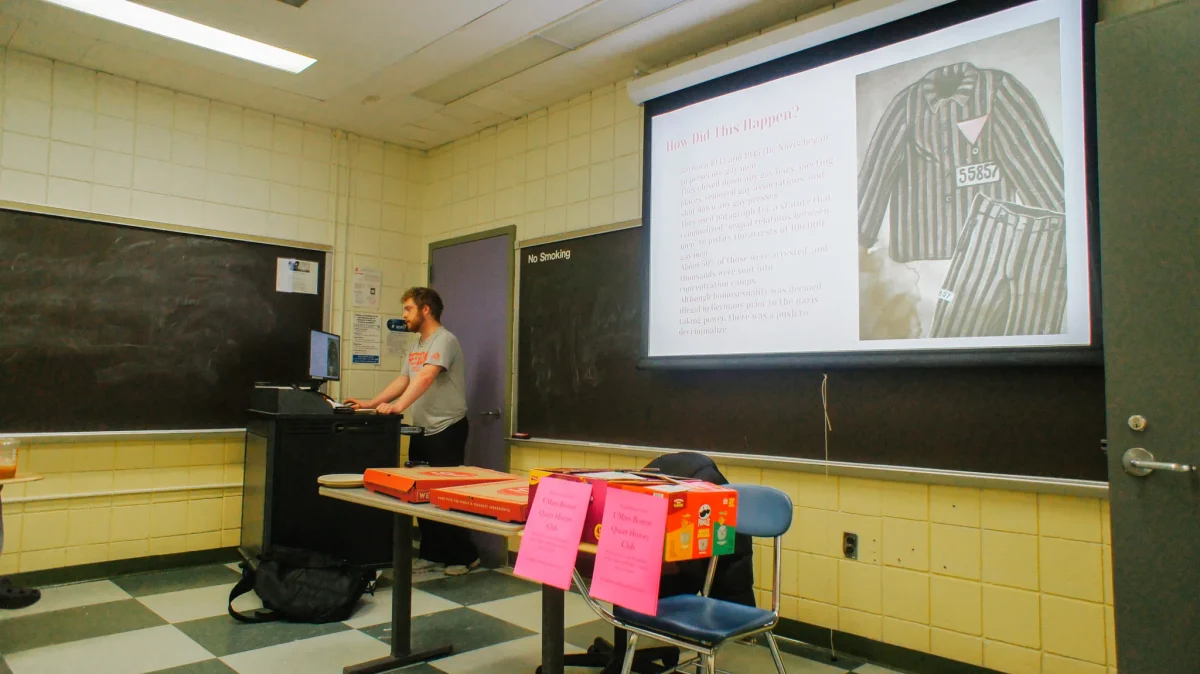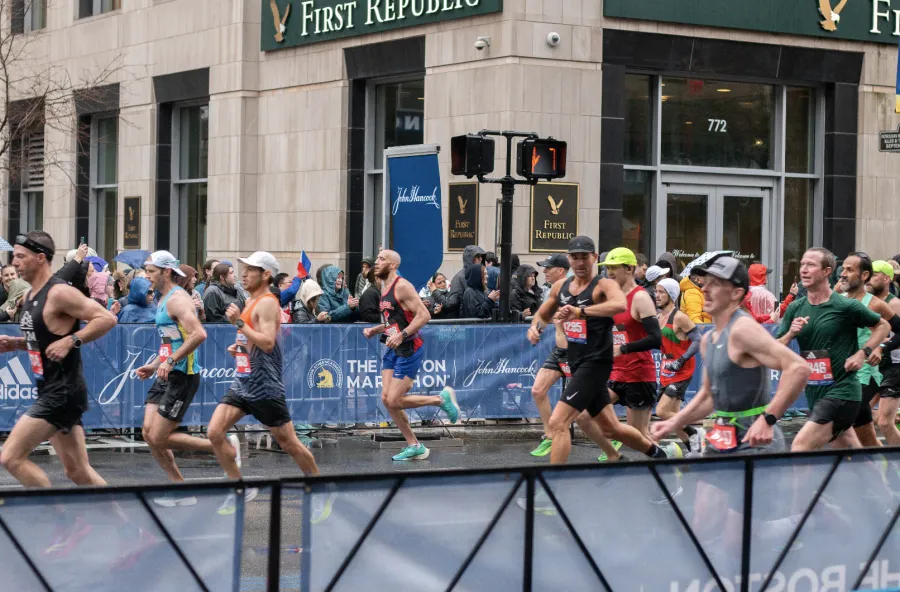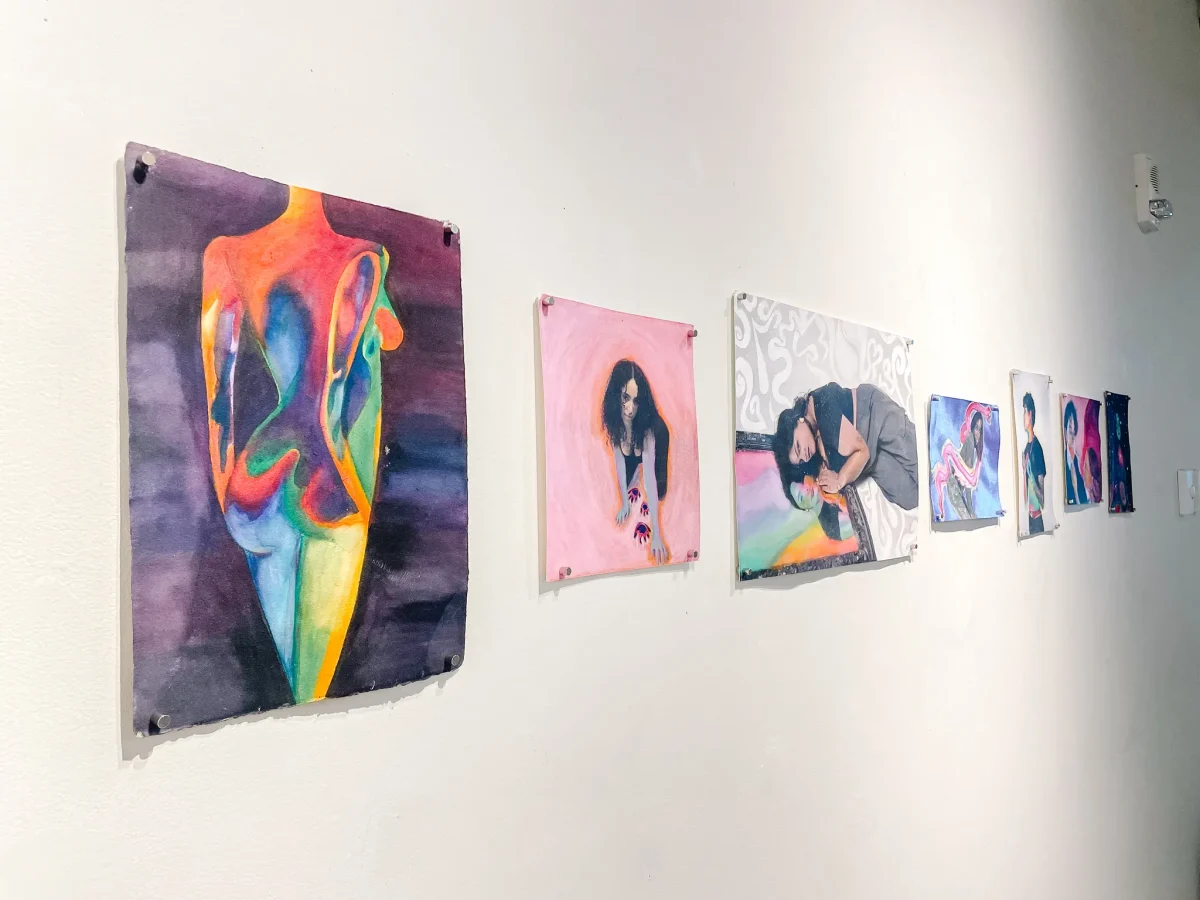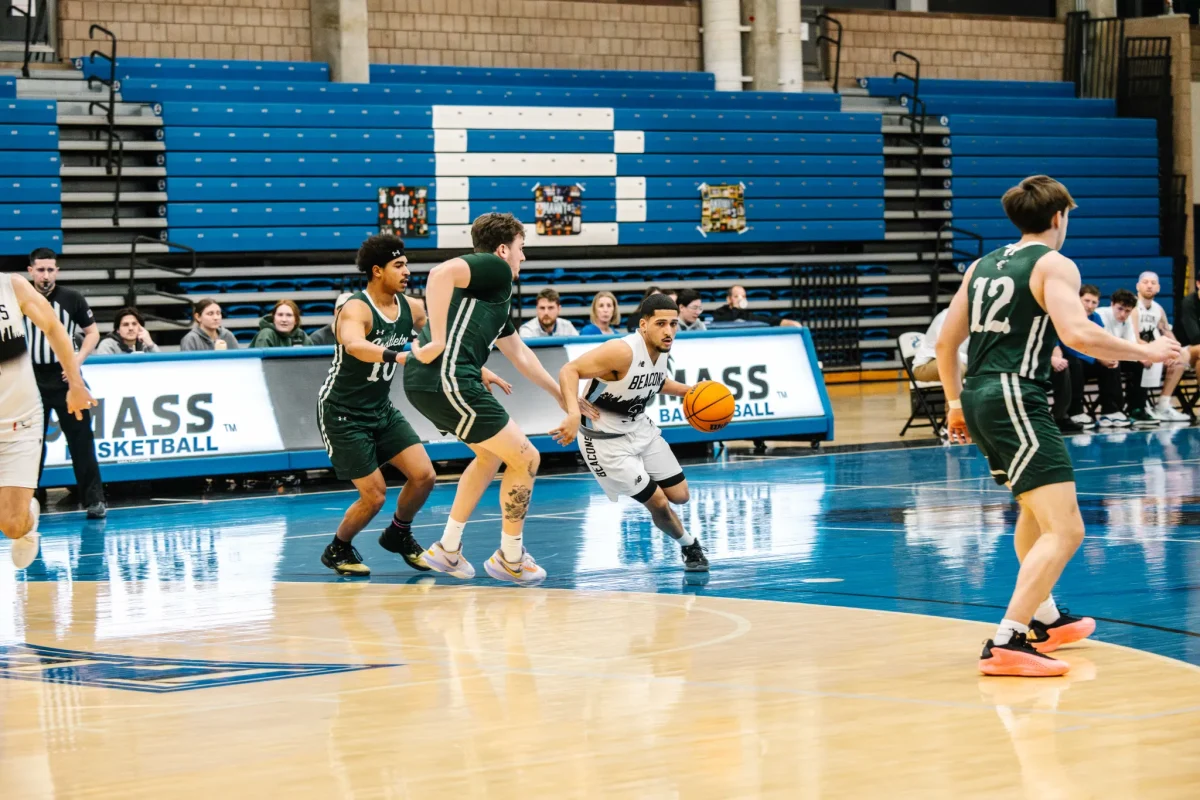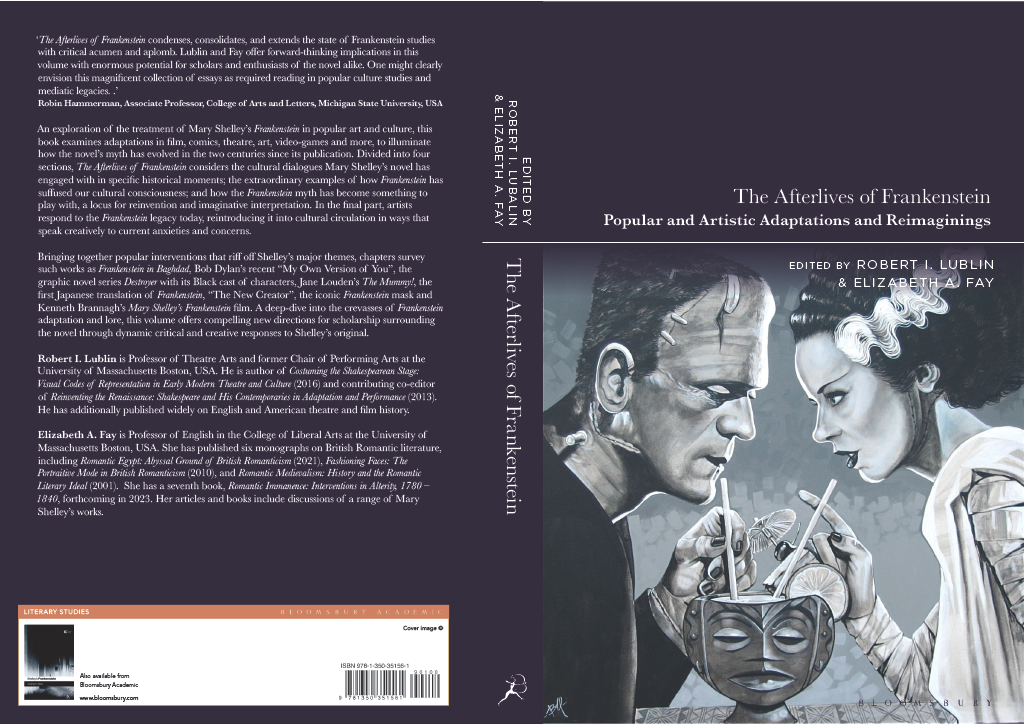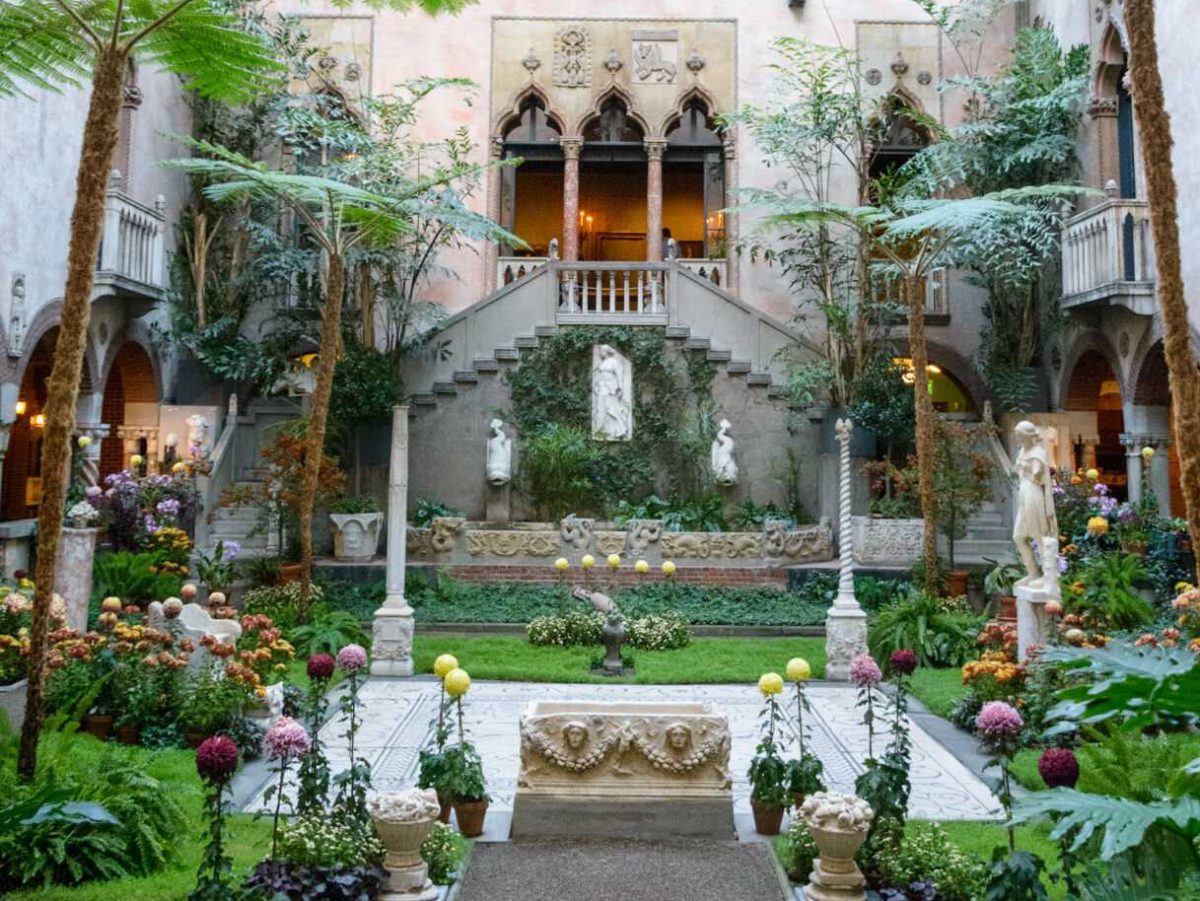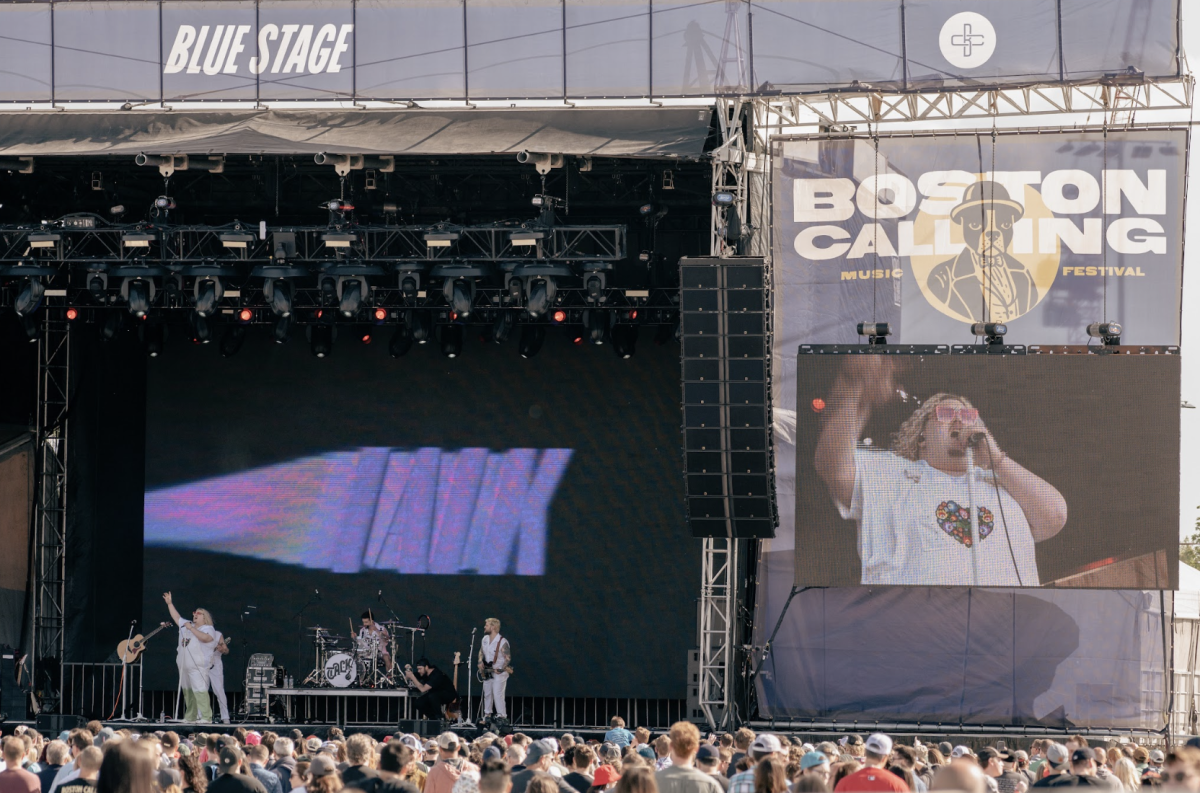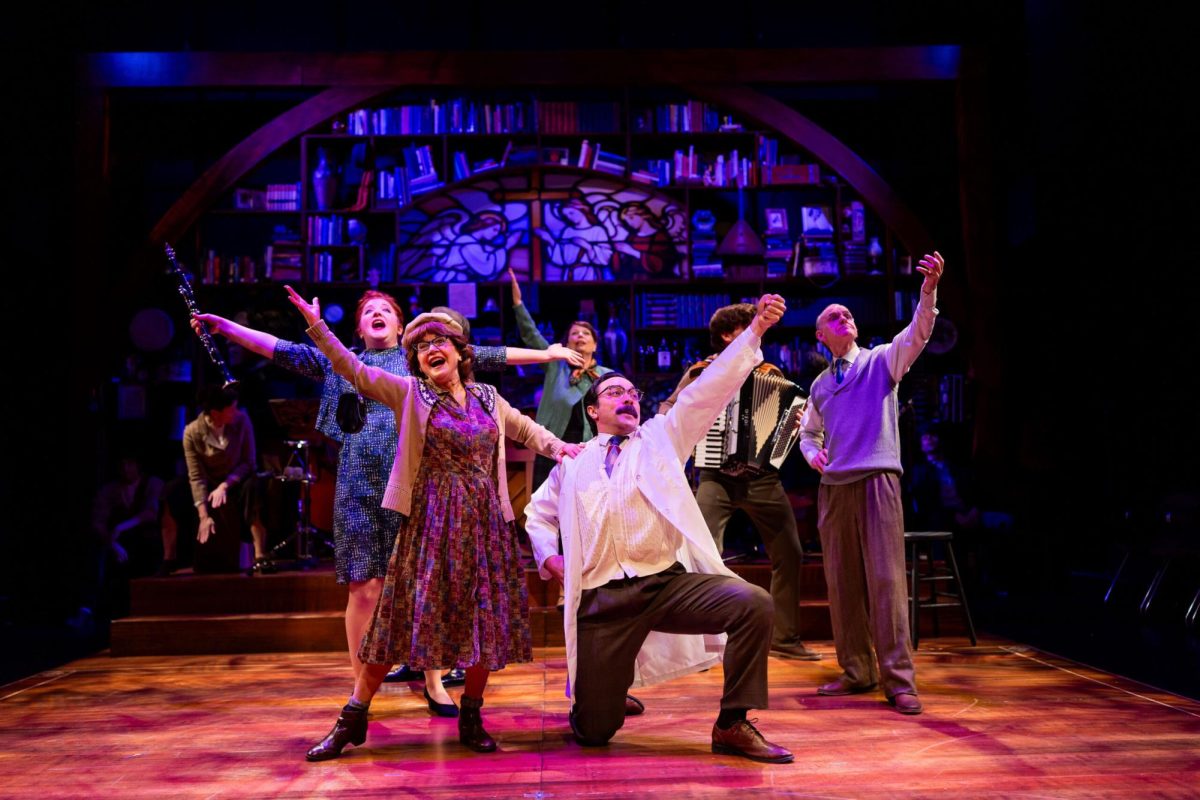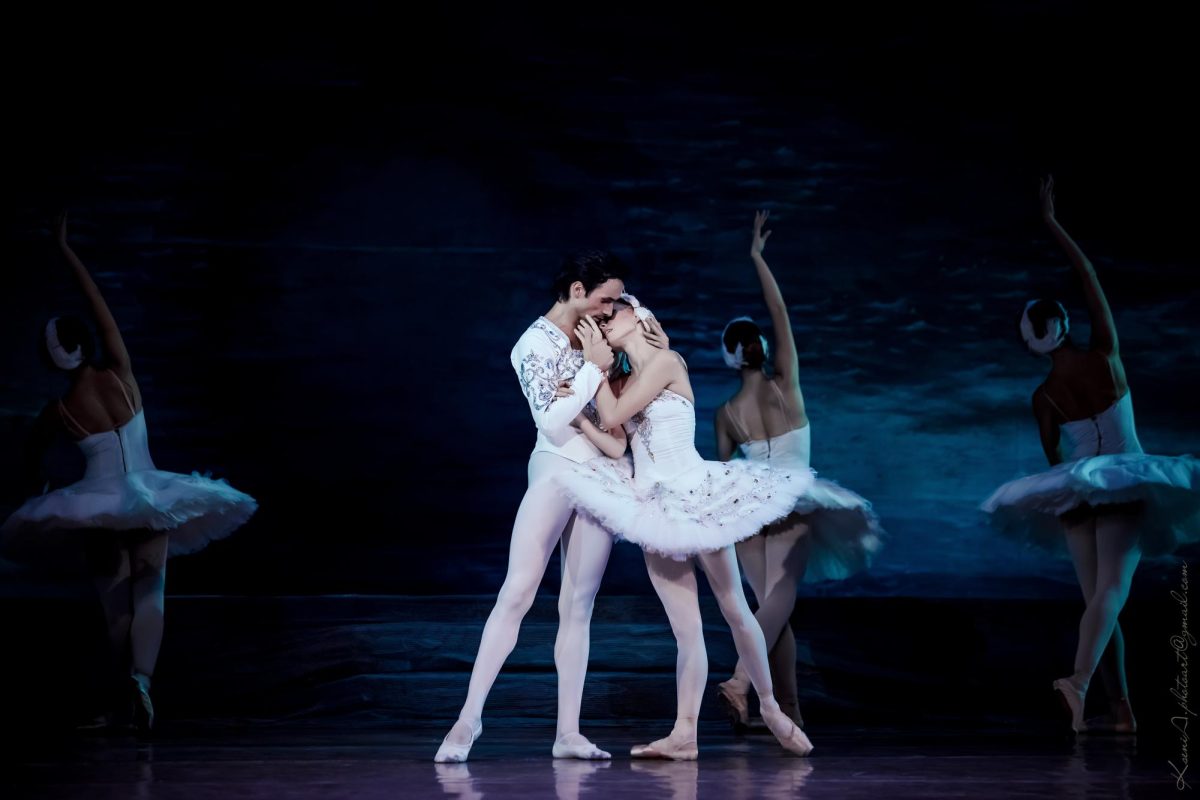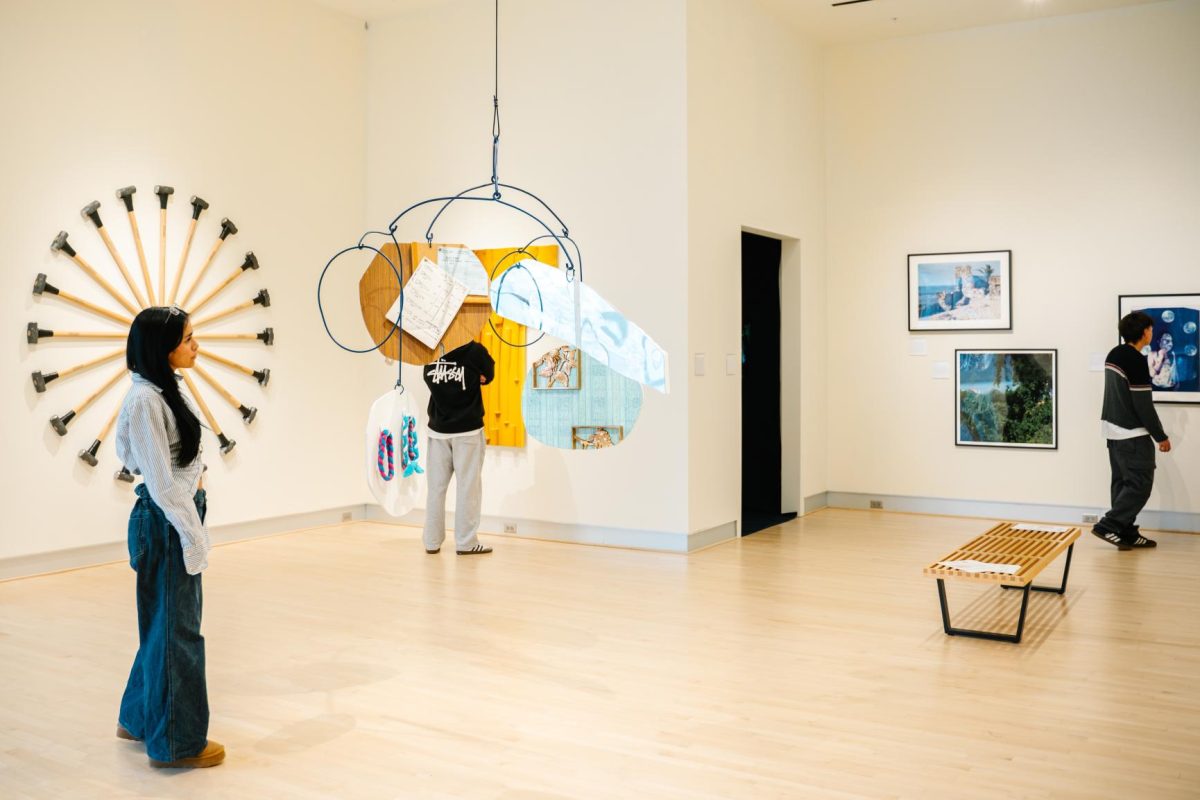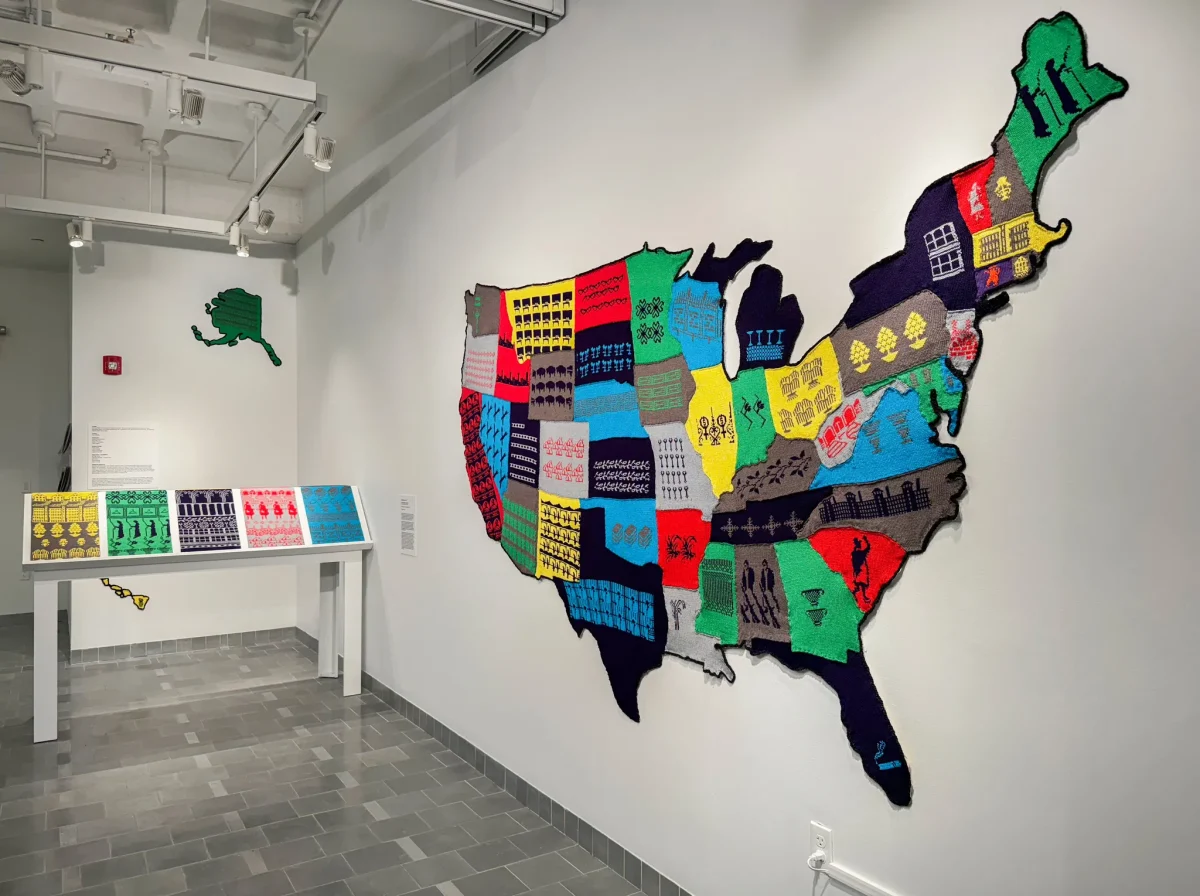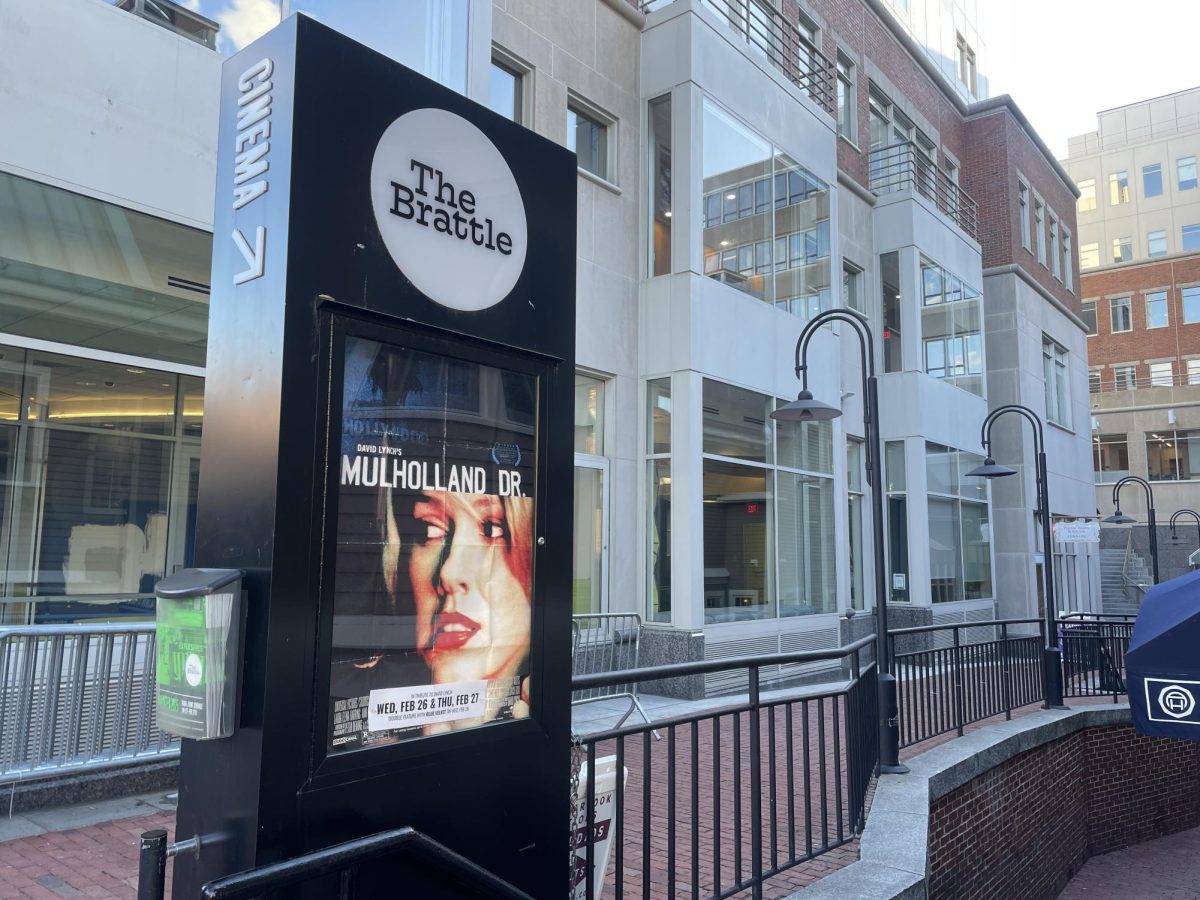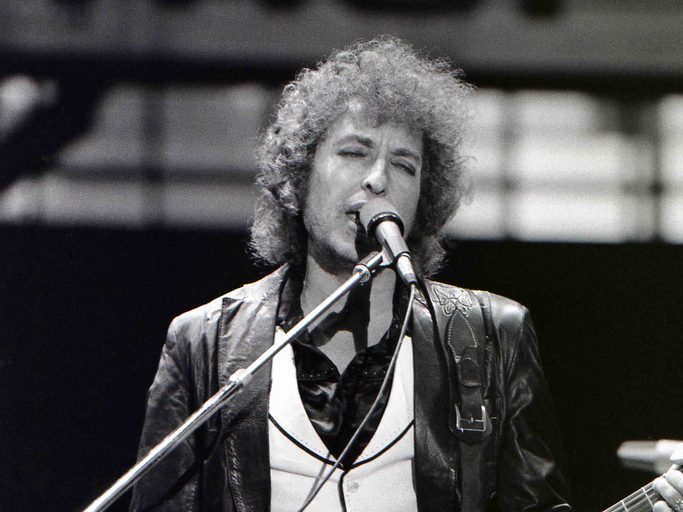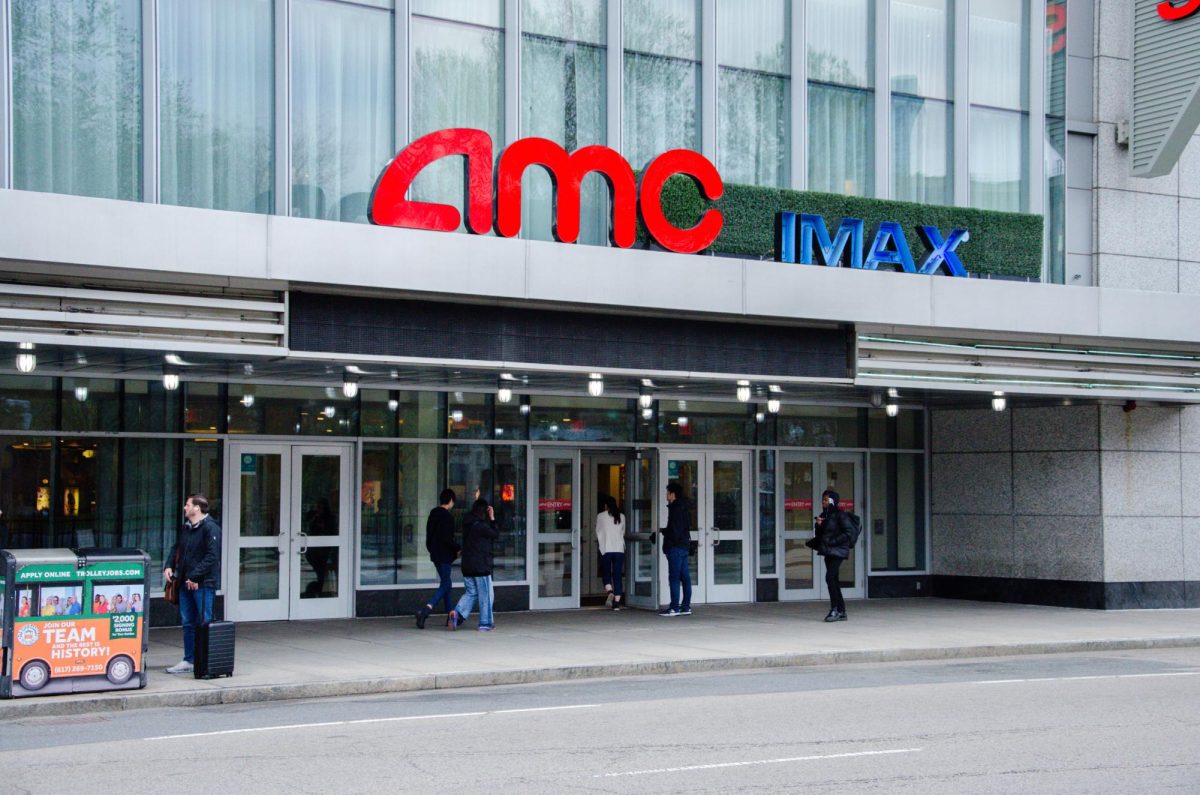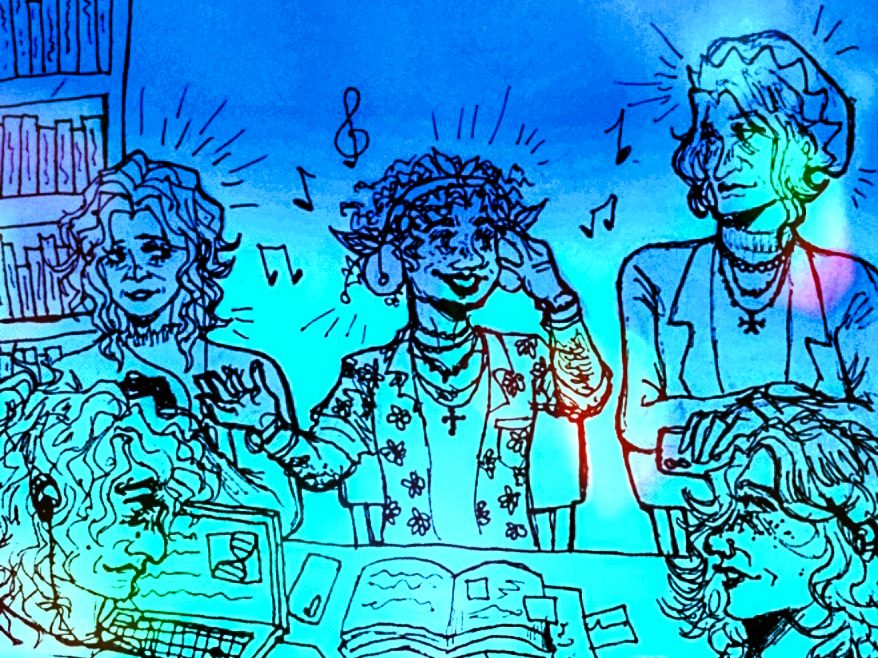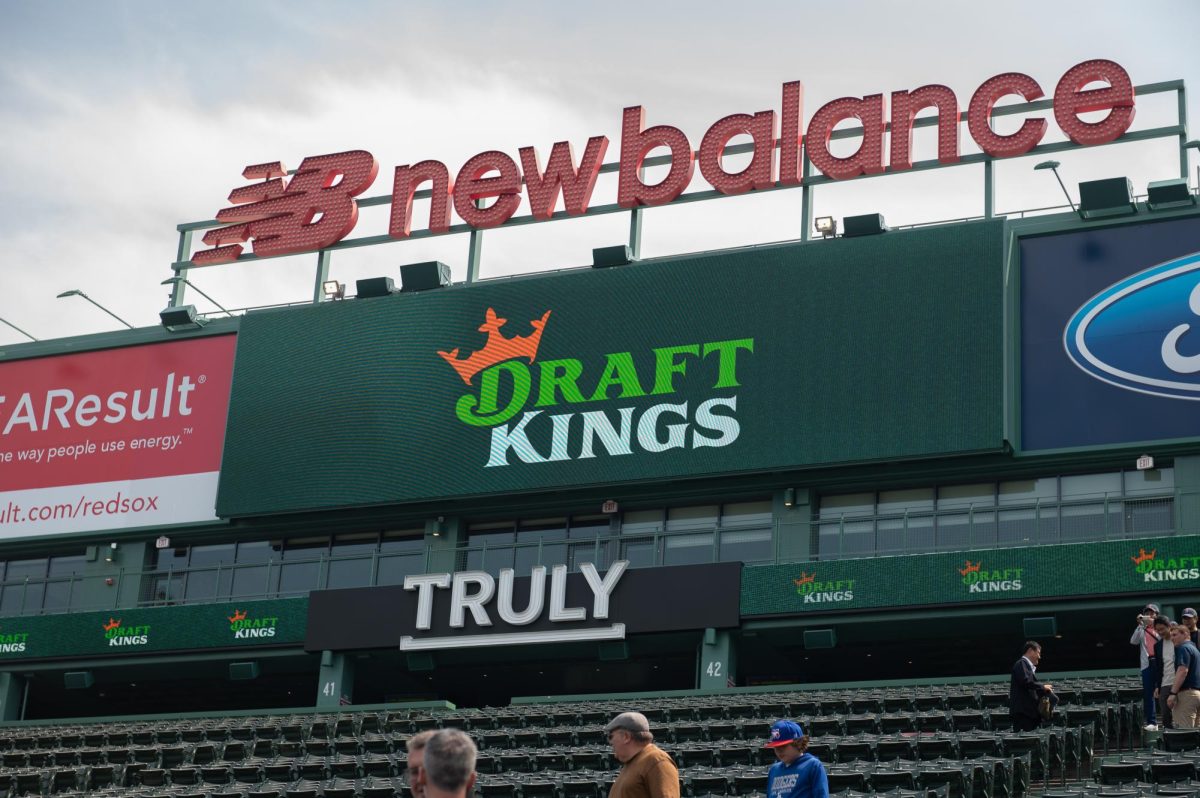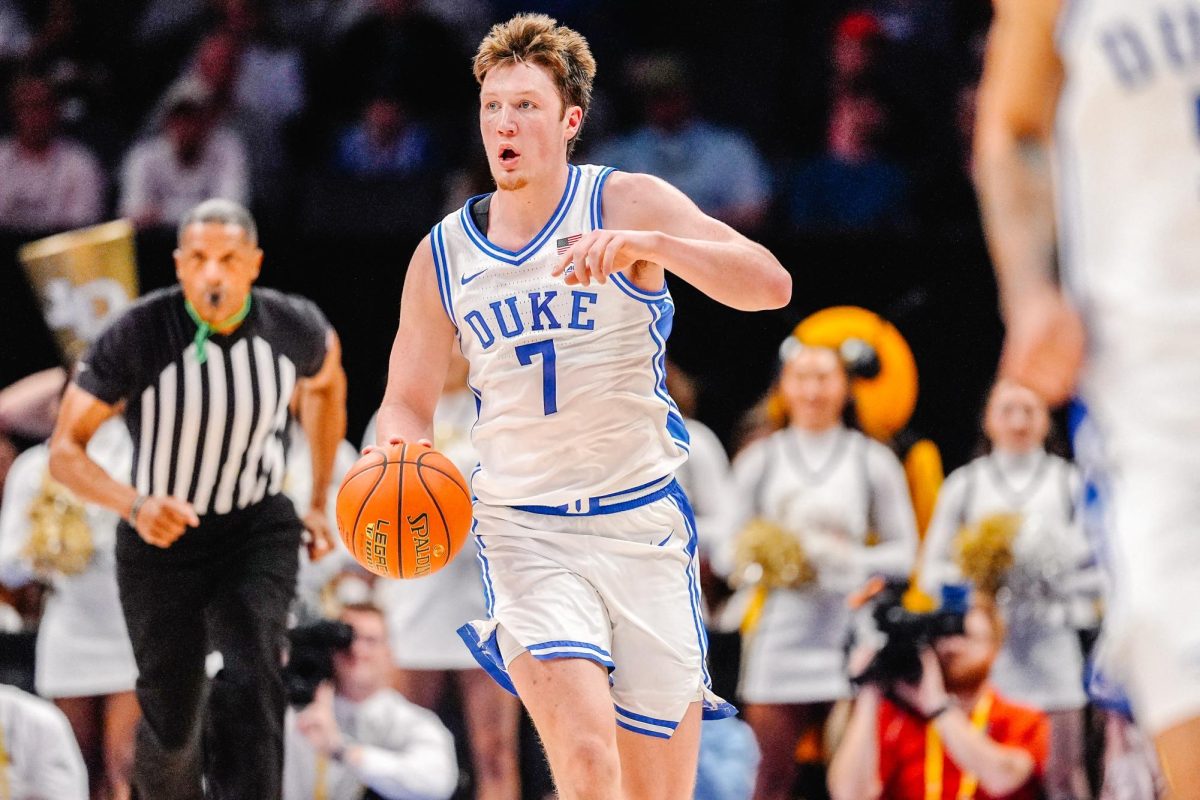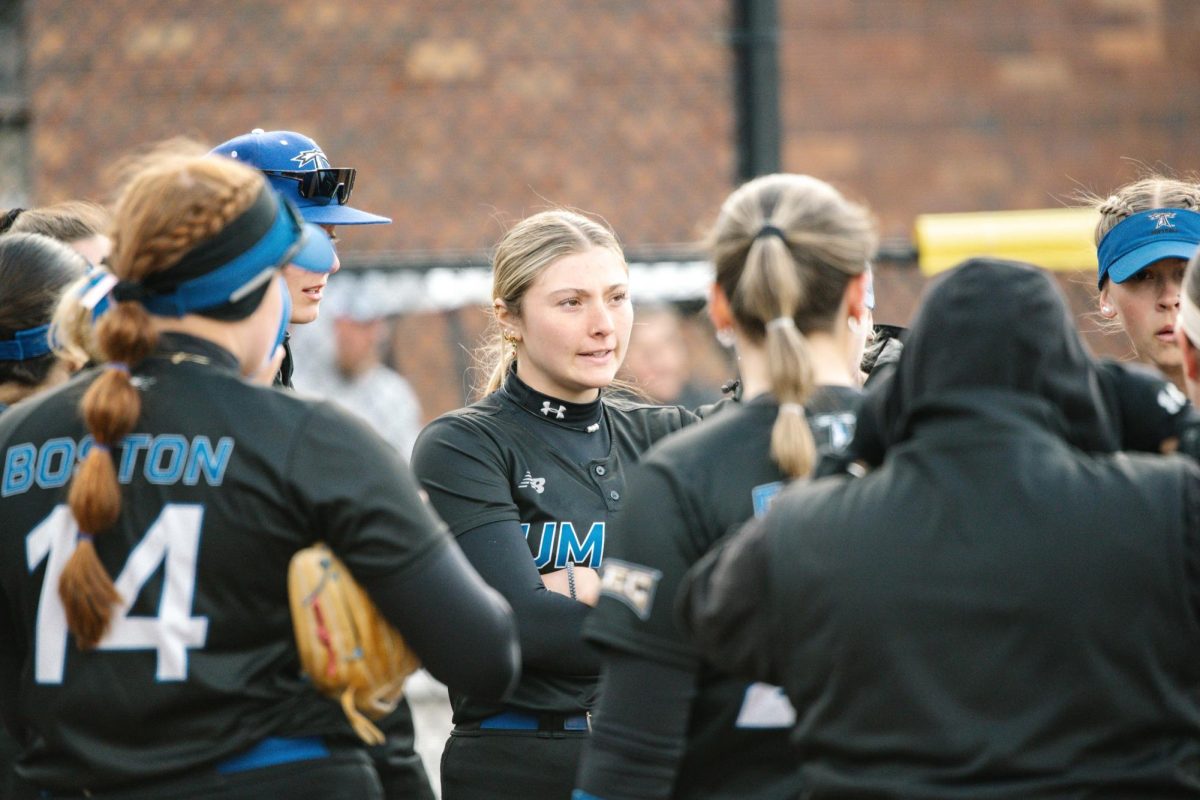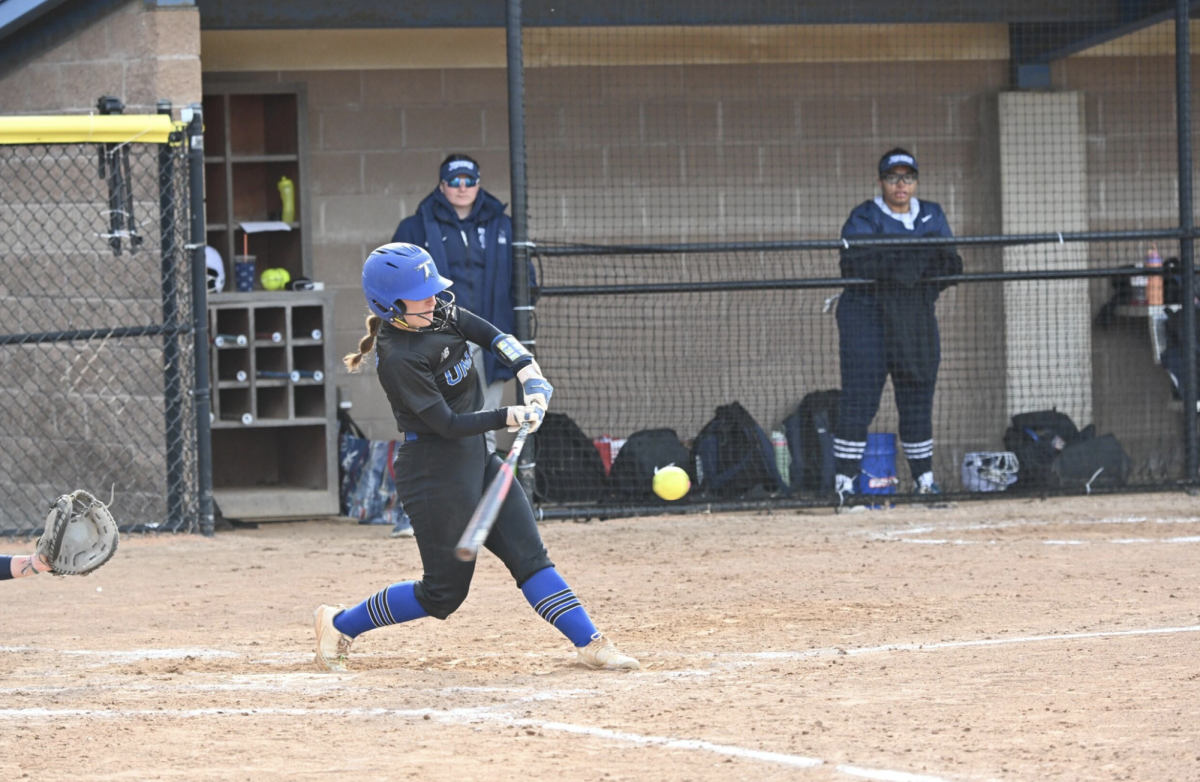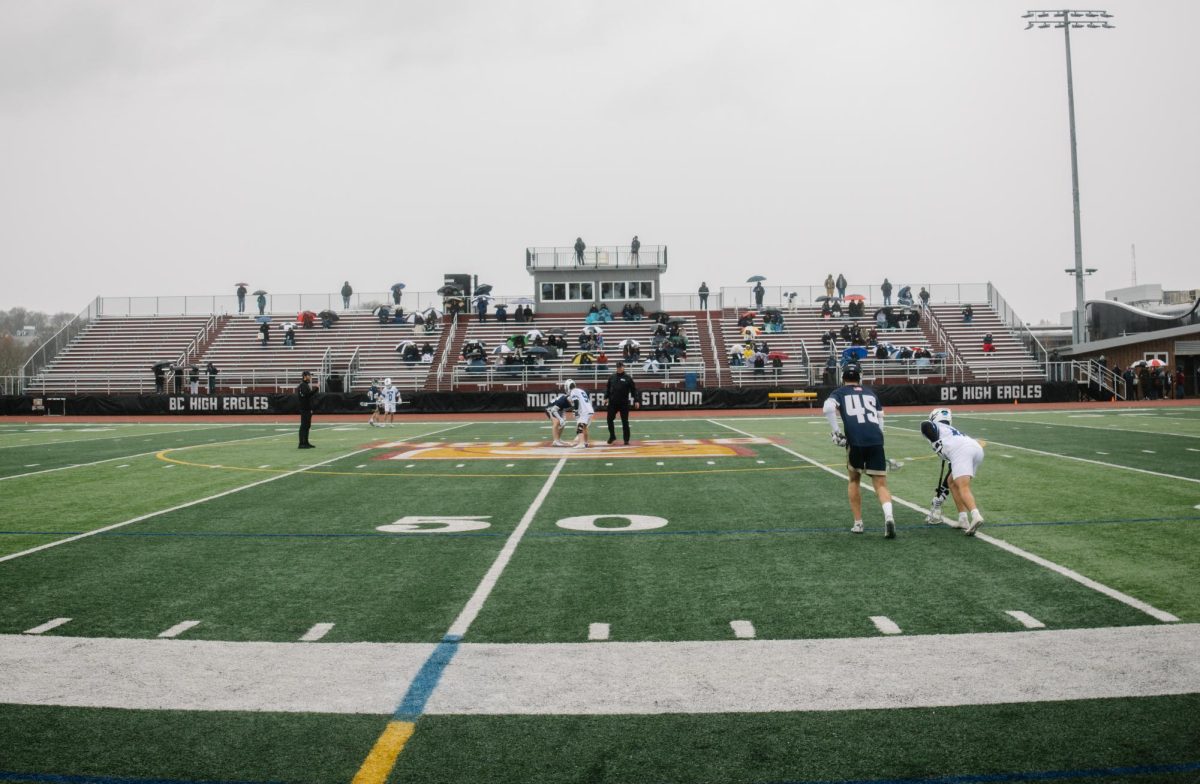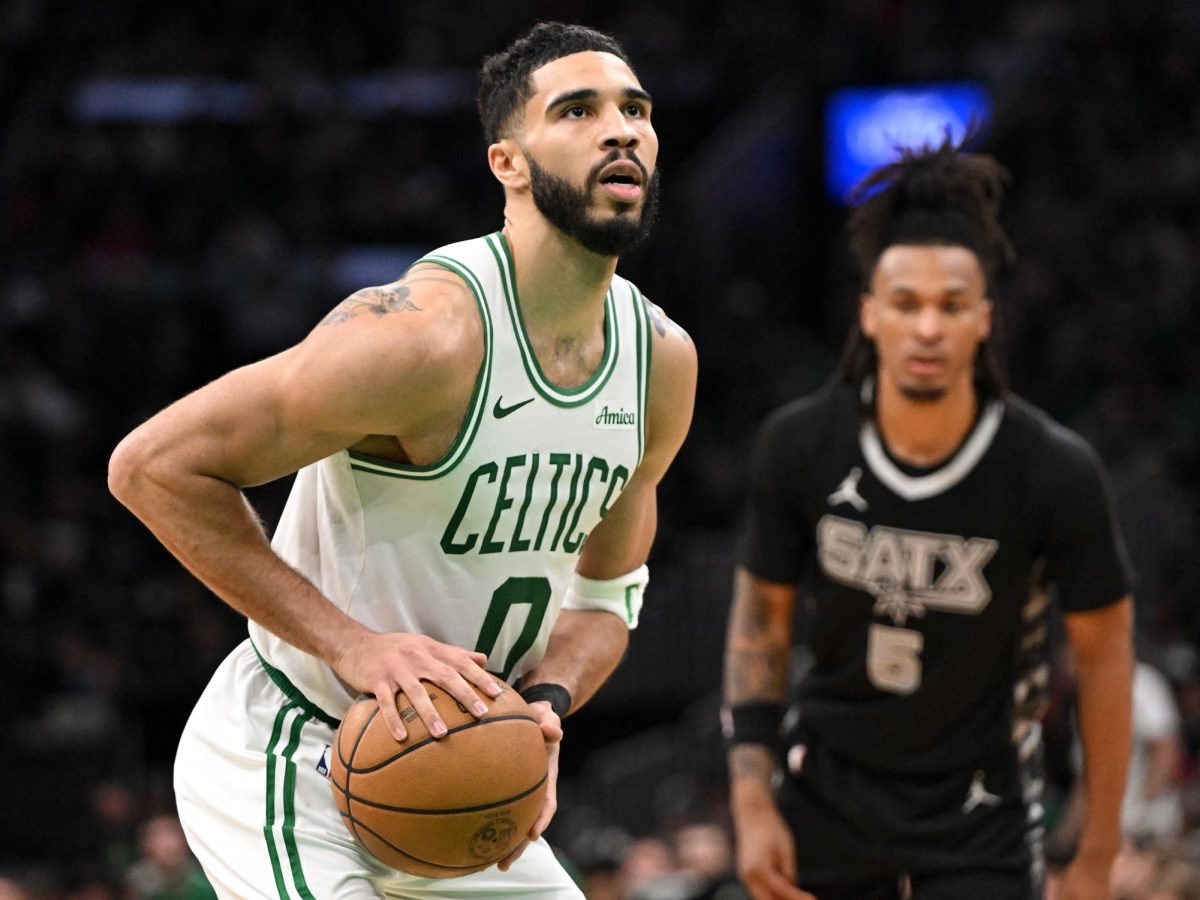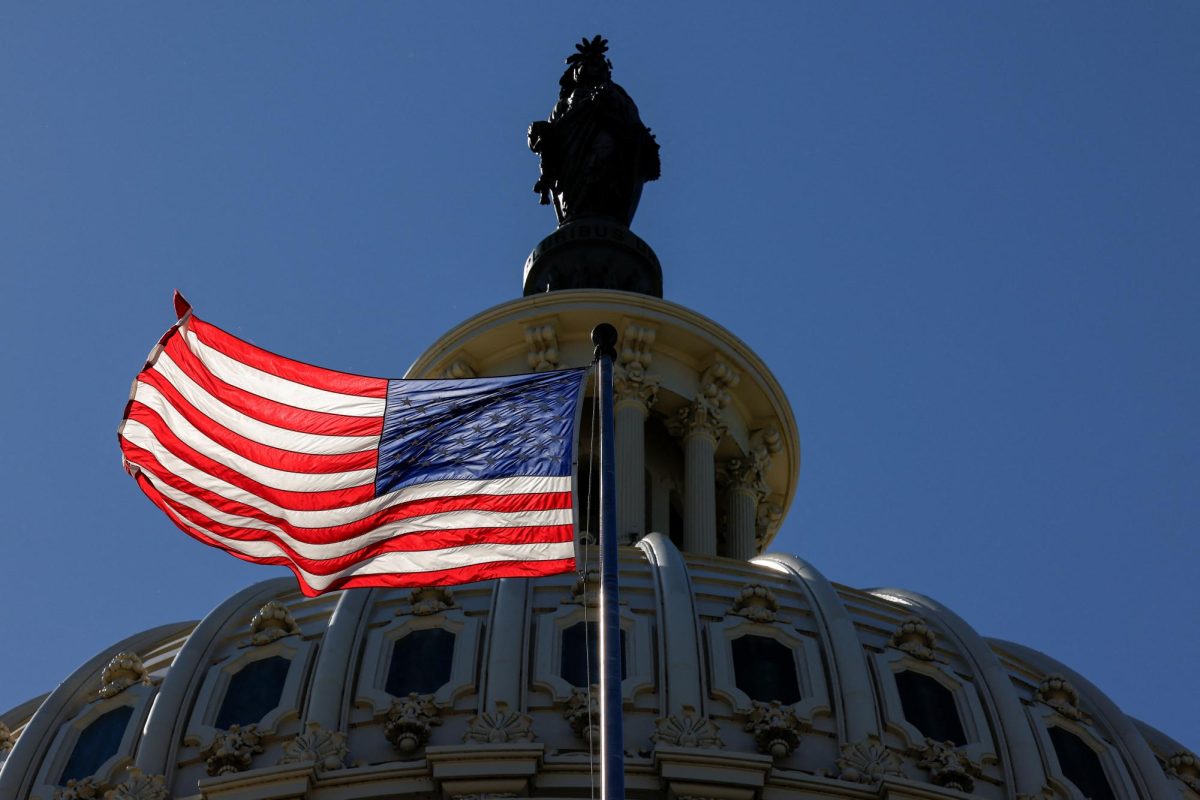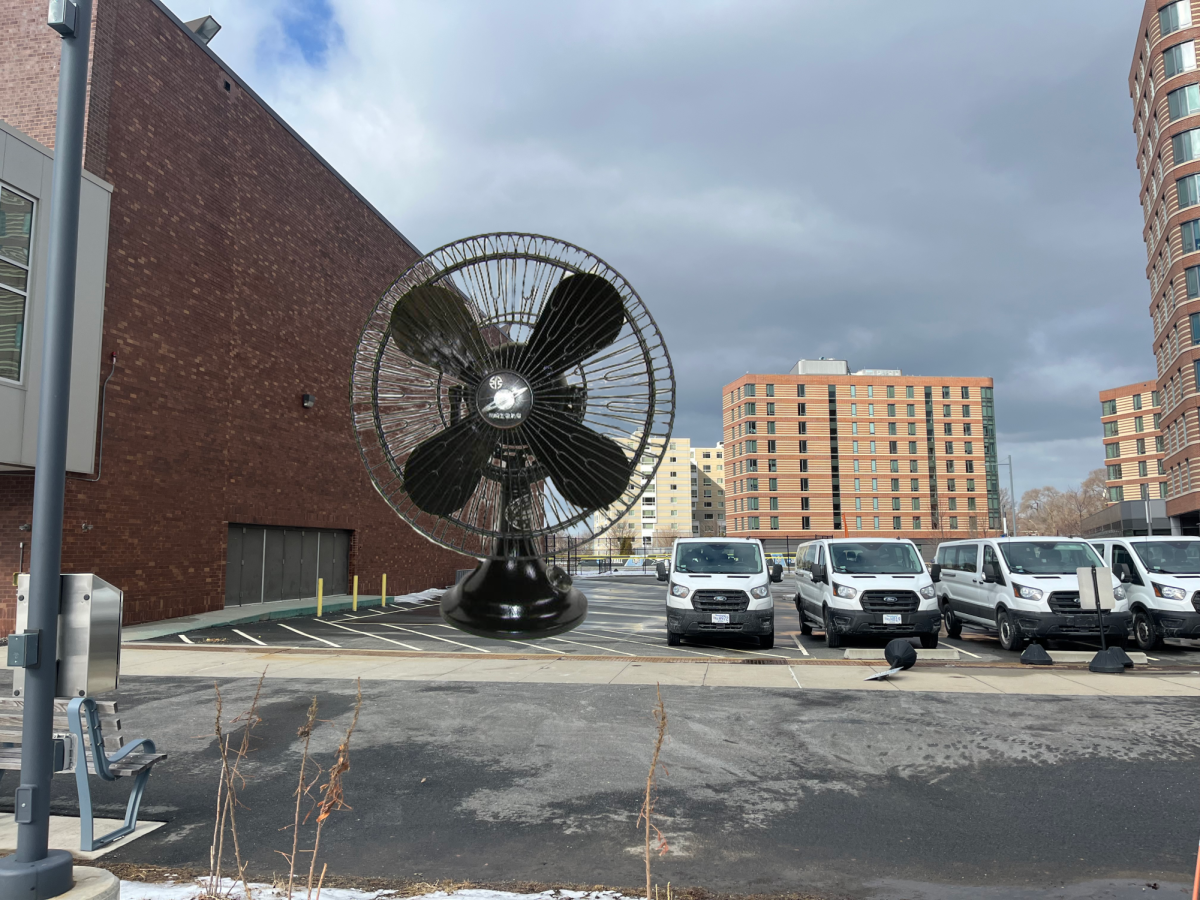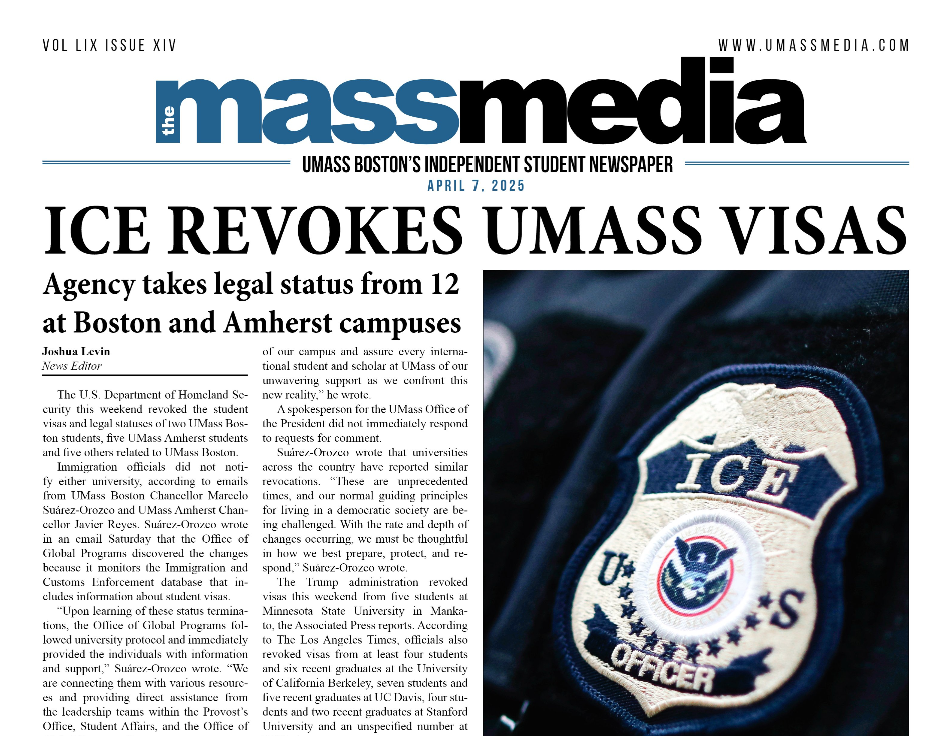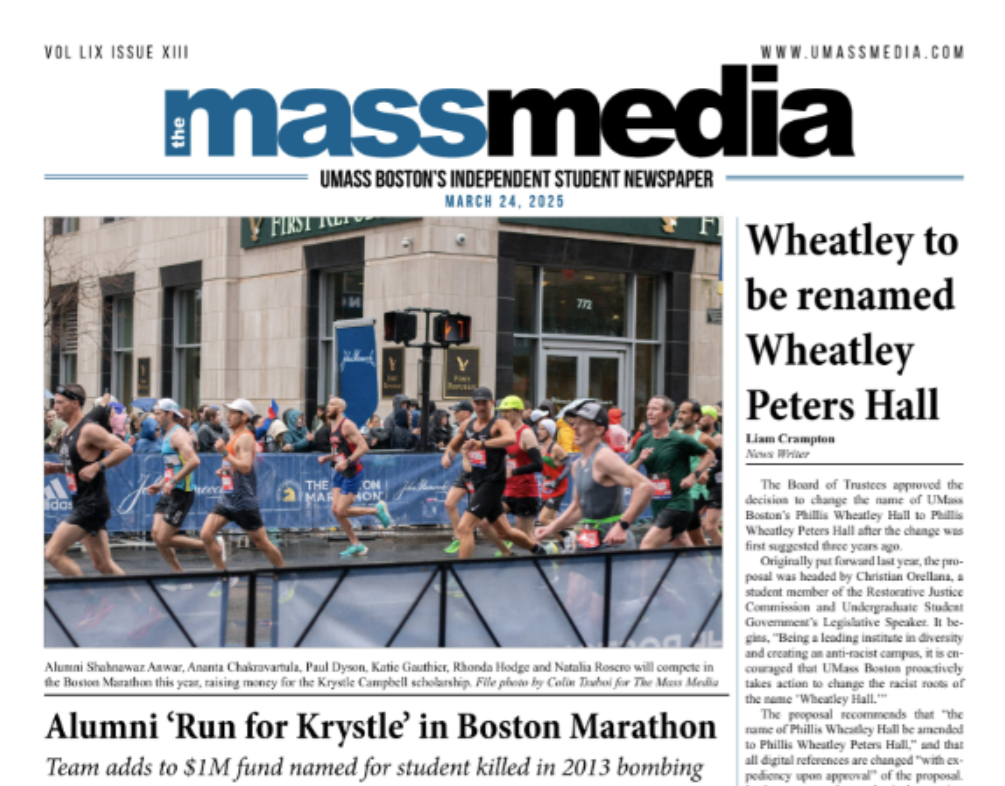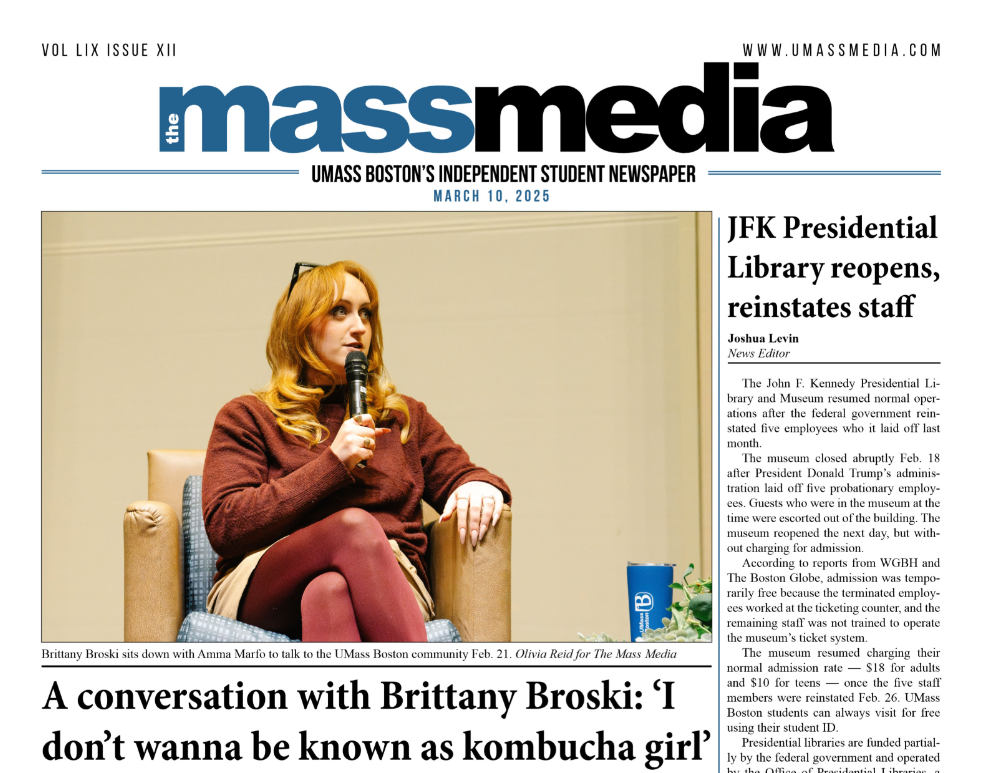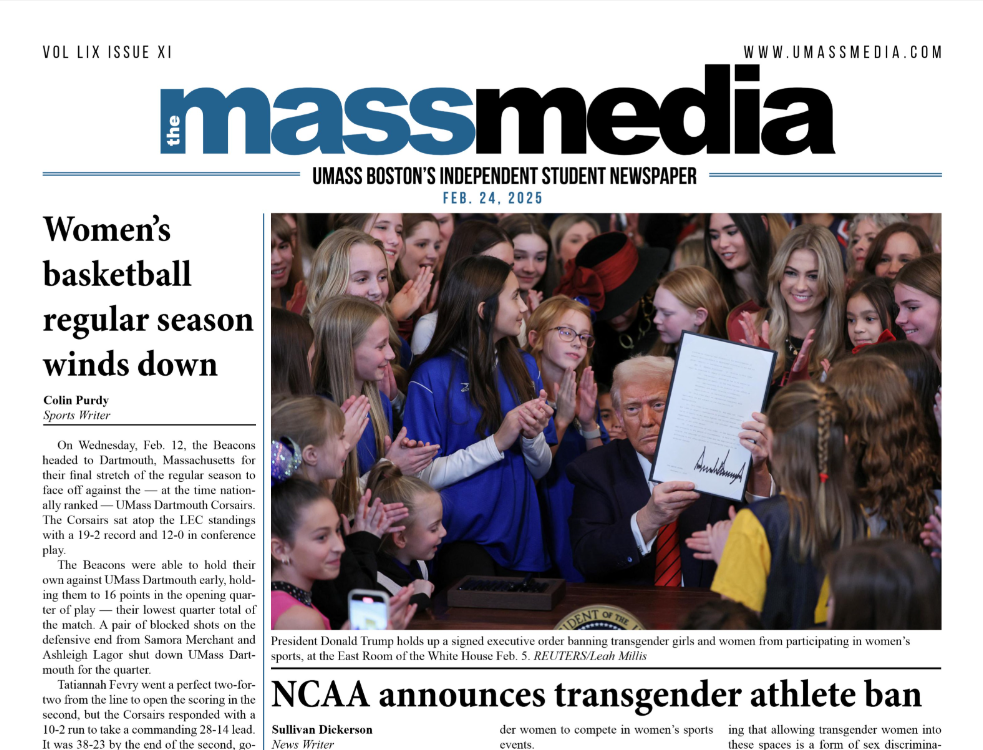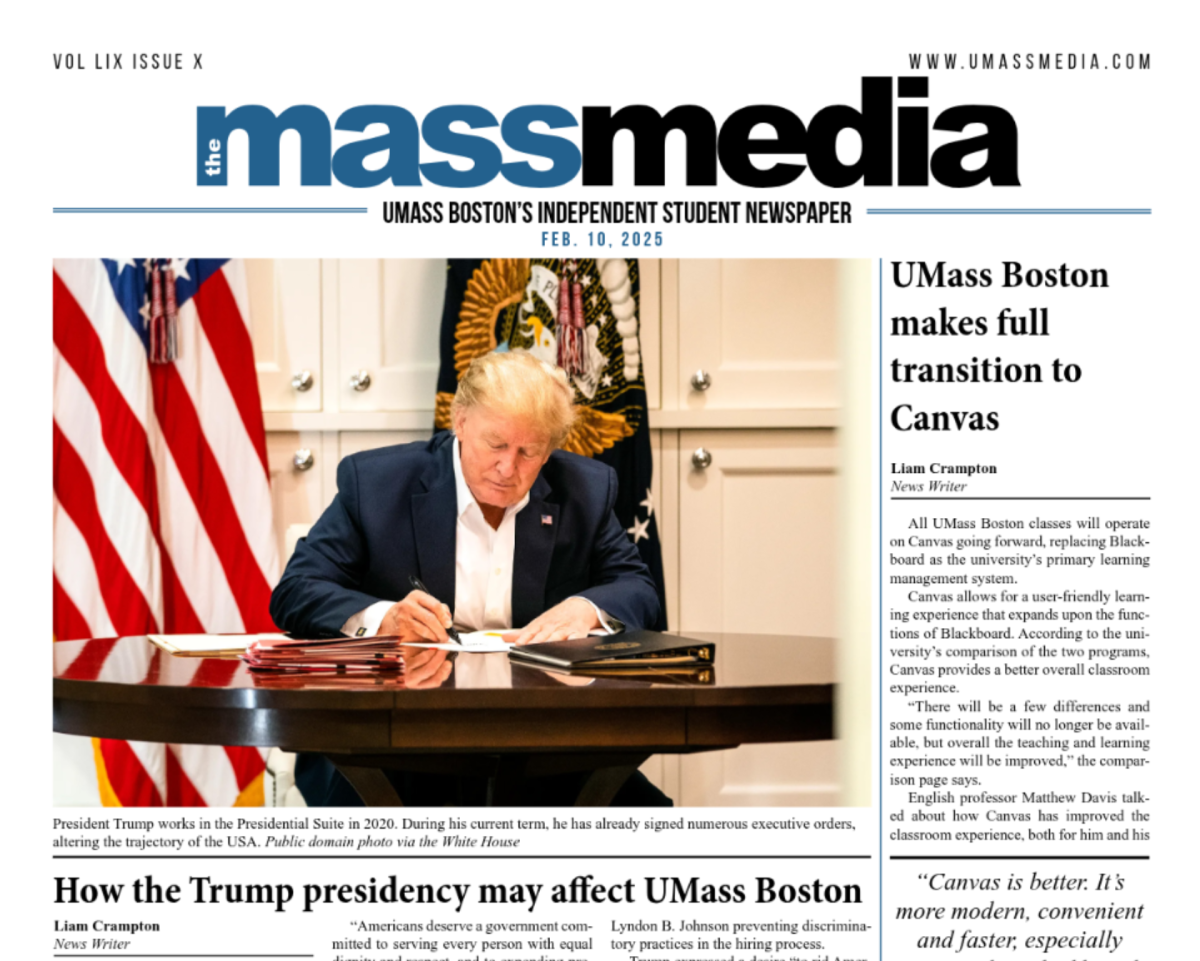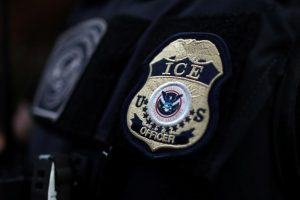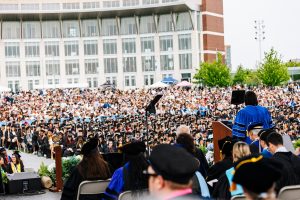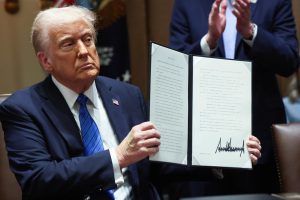Nigerian President Expected To Speak on Sudan at UMB
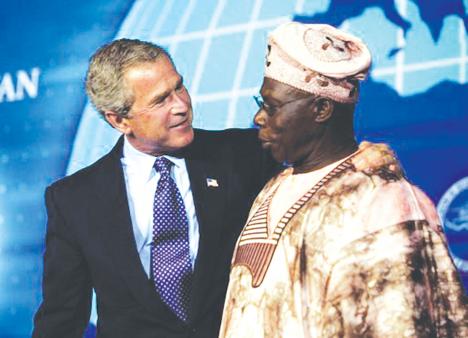
Paul Morse/White House
Nigerian President Olusegun Obasanjo, right, with President George W. Bush, at a July 2003 summit in Nigeria. Obasanjo is expected to give a speech at UMass Boston that will mention the Sudanese crisis.
September 16, 2004
Nigerian President Olusegun Obasanjo, en route to New York to address the United Nations, will stop at UMass Boston to give a speech that may include the crisis in Sudan, according to professors planning the event.
Coming as a guest of the university’s Graduate Program in Dispute Resolution, Obasanjo will give the speech at the new Campus Center. The event, scheduled for September 21, is an invitation-only affair due to space concerns, said Roni Lipton, assistant director of the program.
The invitation for Obasanjo to come was sent out in July, and a response came sometime last week. UMass Boston officials were set to meet this week with Nigerian embassy officials to firm up plans and sort out details.
“We’re really fortunate that he was able to make time,” said Professor Darren Kew. “It was primarily a series of fortuitous events.”
Though he says he hasn’t seen the speech, Kew said Sudan will probably be a major part of it.
“I expect he’ll talk about Sudan,” he said. “I’d be surprised if he didn’t.”
President Obasanjo is also head of the African Union, which is trying to broker peace talks in Sudan, a country wracked by civil war. The African Union is akin to the European Union, though more loosely organized.
The Bush administration recently recognized the killing of an estimated 50,000 people as genocide, charges that the Sudanese government denies, according to Agence France-Presse reports.
Kew, who specializes in Nigerian politics and has consulted for the U.S. State Department, lived in Nigeria for several years. While there, he got to know a conflict resolution activist who became an informal advisor to Obasanjo. Through the friend, Kew managed to get a 20-minute interview with Obasanjo in 2002, mentioning to him that if he was ever in town, to come to UMass Boston.
Earlier this year, the advisor was asked to hand the invitation from the university to the African president. “So it was really a function of just asking,” Kew said. “Sometimes, if you just ask, these things happen.”
UMass President Jack Wilson, joined by Chancellor Keith Motley, plans to be at the event.
“We’re delighted to have a head of state visiting UMass Boston,” said Robert Connolly, spokesperson for the UMass President’s Office. Wilson welcomes visits from key heads of state throughout the university, labeling it a “great opportunity for discussion and dialogue” as the world gets to be a smaller place, he said.
Kew said that since Obasanjo is going to address the U.N. General Assembly after his speech, he will have with him an entourage of his ministers. “It’ll be quite a cast,” he said.
As a visiting head of state, Obasanjo will receive Secret Service protection, according to Lipton. In recent months the Secret Service has become well acquainted with UMass Boston, since the university has hosted parties and events throughout the year attended by high-profile government officials. The most recent was July’s Pops on the Bay concert, where after accepting his nomination, US Senator John F. Kerry and his running mate John Edwards, both accompanied by their wives, arrived to enjoy the music and fireworks display.
Obasanjo, 67, is Nigeria’s first democratically elected president after a 20-year period of military rule, first assuming power in 1999. He was re-elected in 2003, under the banner of the People’s Democracy Party, and won by a margin of 11 million votes. A former military leader who joined the army after high school, he previously ruled Nigeria from 1976 to 1979 before handing it over to civilians. Obasanjo, a born-again Christian, now presides over the country of about 130 million people, split evenly between Moslems and Christians.


